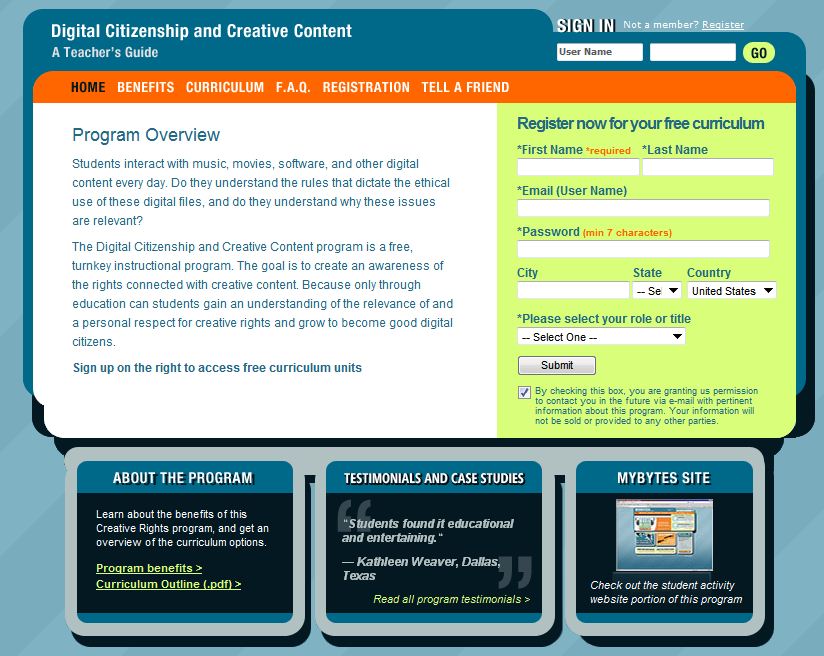Privacy 101
If you live in the Philadelphia area you heard last week about Lower Merion school defending themselves against a potential lawsuit that alleges that the web camera on school issued laptops were used to 'spy' on kids in their homes. Please read the article before continuing to read here because I'm not a lawyer nor do I want to get into a debate about the legality or policies at Lower Merion school. As a matter of fact Channel 6 showed up at School of the Future shortly after the news broke looking for comments on Lower Merion's use of technology and the violation of privacy the suit claims. The Chief Learner answered questions honestly but cautiously and the reporters probed me for answers around privacy which I didn't want to comment on
https://vimeo.com/9569230 from School of the Future on Vimeo.
I am here to help other schools think through how technology can be used to teach responsibility and how learners can become good digital citizens. A conversation I had with Mr. Gaffey, a Math and Technology Educator at school, got me thinking. He always talks about modeling good behavior and community justice, a way of teaching as opposed to punishing and I thought I'd give you guys a few quick things that you could use to teach your students how to use technology responsibly so that situations like Merion county hopefully never happen.
Strategy #1: Microsoft Digital Literacy curriclum
At the beginning of every school year at SOTF, the freshmen are brought in for a week long orientation which includes multiple conversations around using technology. They are required to sign the regular appropriate use forms for the district, but what I've incorporated into the training is this curriculum, that not only teaches the basics of the PC, but teaches users a little bit about using technology appropriately. This curriculum is free and designed for different levels of students and has a nice assessment at the end of each module that can be taken and printed out to prove completion.
Strategy #2: Professional Development that works
The staff is brought in during the summer as well and they go through our Differentiated PD that is designed to focus on teaching our educators 3 technologies that they'll use in class. This gives them confidence in not only integrating technology into their curriculum but also removes the fear of using technology with kids. It is not taught (to my knowledge) in your traditional teacher colleges how to maintain an entire class of learners who all have laptops (if so please let me know what school is doing it). Educators need to know the capabilities of technology so that it's not a mystery to them and therefore not causing them to fear kids using it in kind. Since you guys are reading this, I'll be doing a webcast with Mr. Gaffey on Tuesday don't miss out!
Strategy #3: Digital Citizinshiped
Our newest curriculum is focused on teaching kids about rights associated with creative content, you might know it better as piracy, but piracy doesn't just deal with software, this curriculum focuses on relevant subjects like music and online downloading. I haven't gone through all the curriculum yet, but I can assure you, it's on point with what most schools are struggling with right now and that's teaching standards based curriculum around these new and emerging subjects.
So there you have it, 3 quick ways to get you thinking about how you can teach kids about the digital world they'll be growing up in and constantly having to understand.


